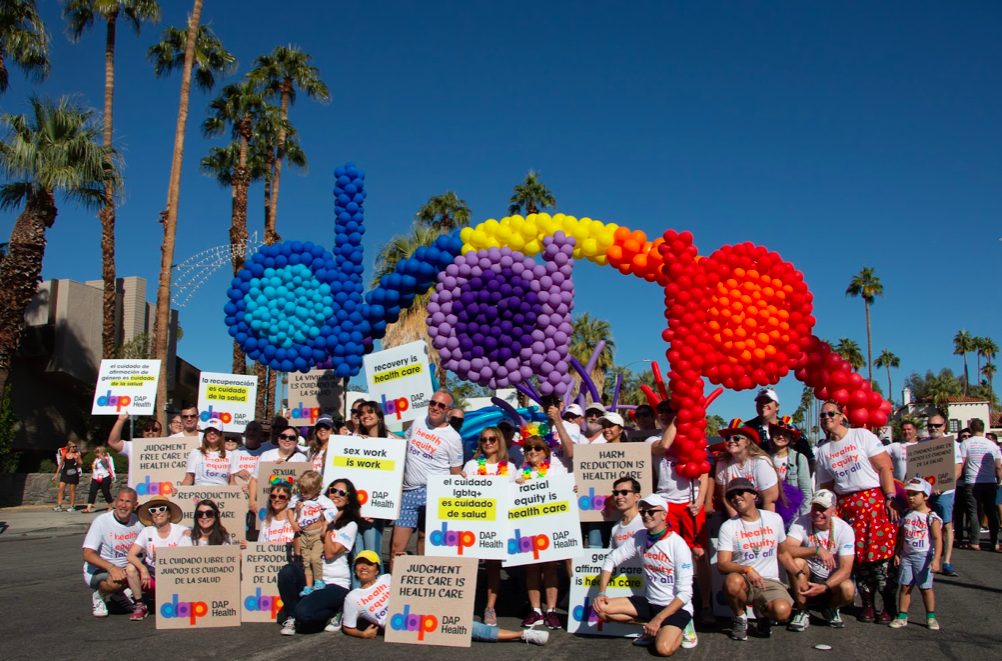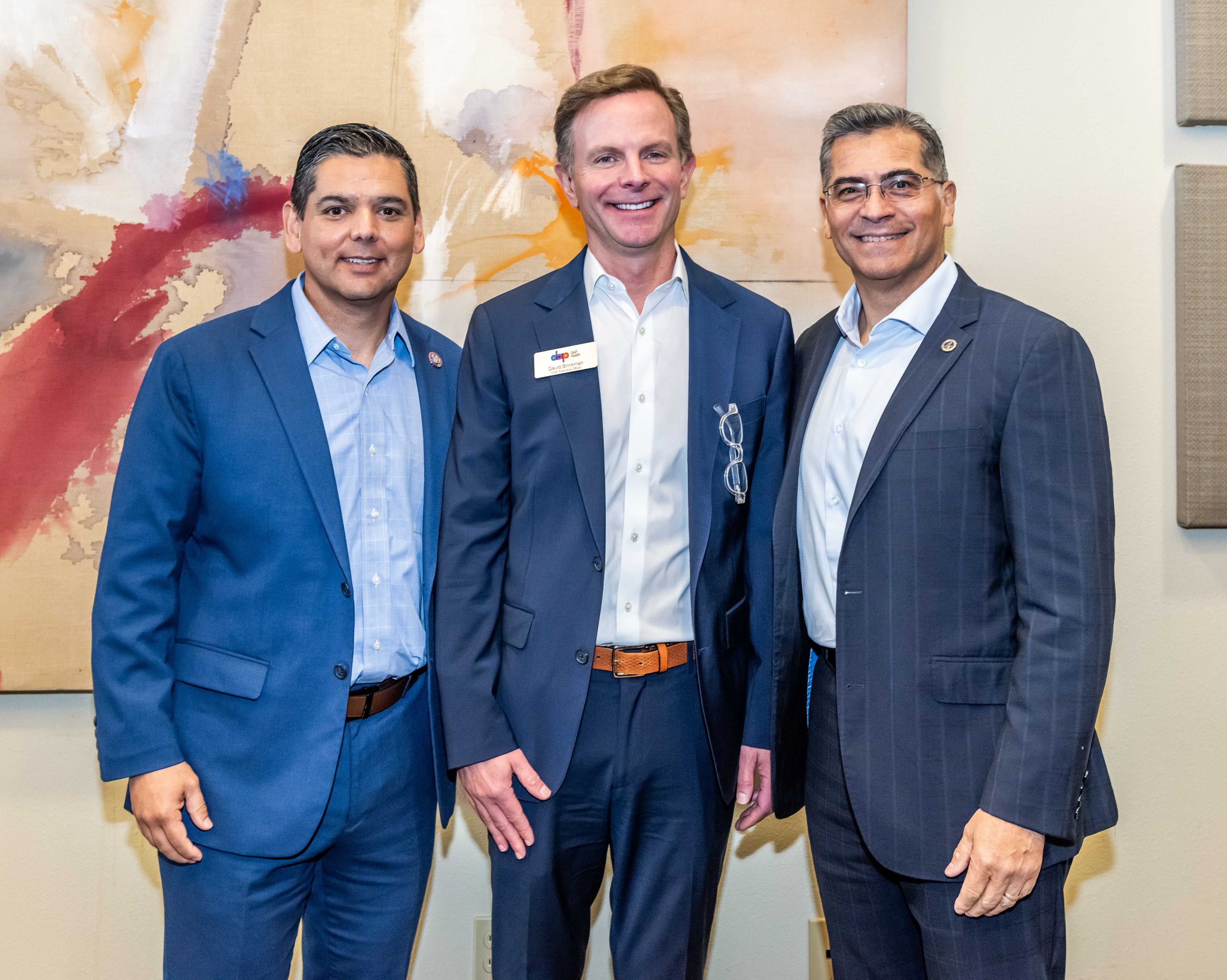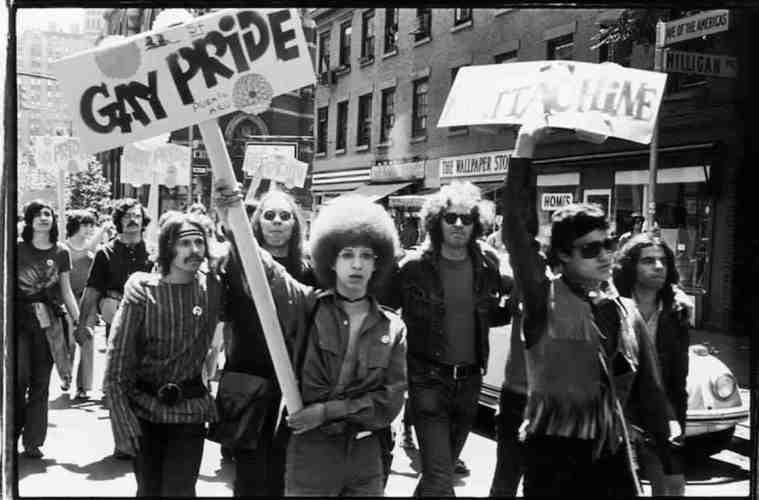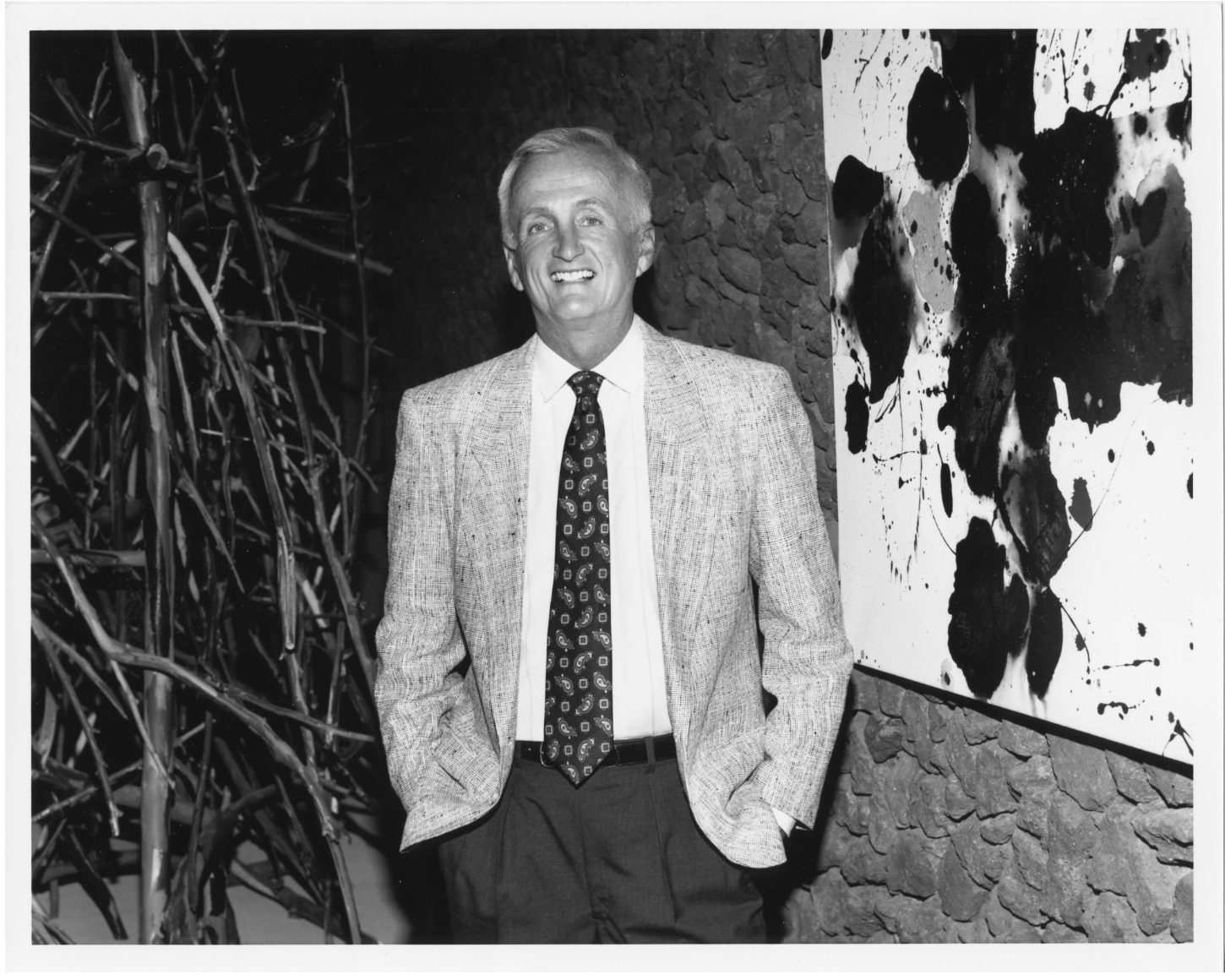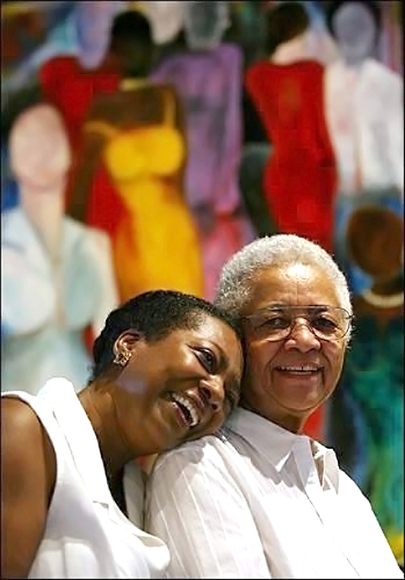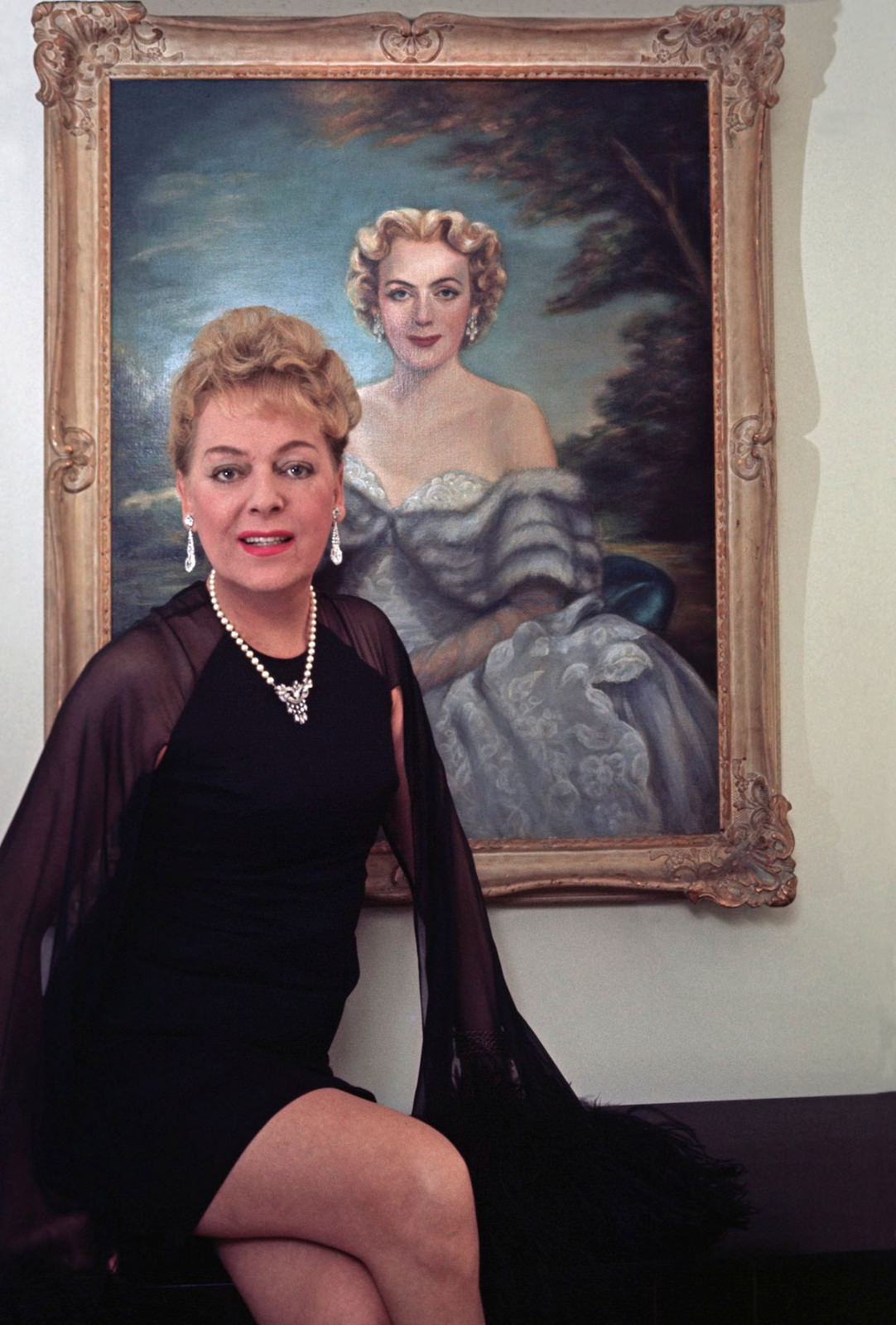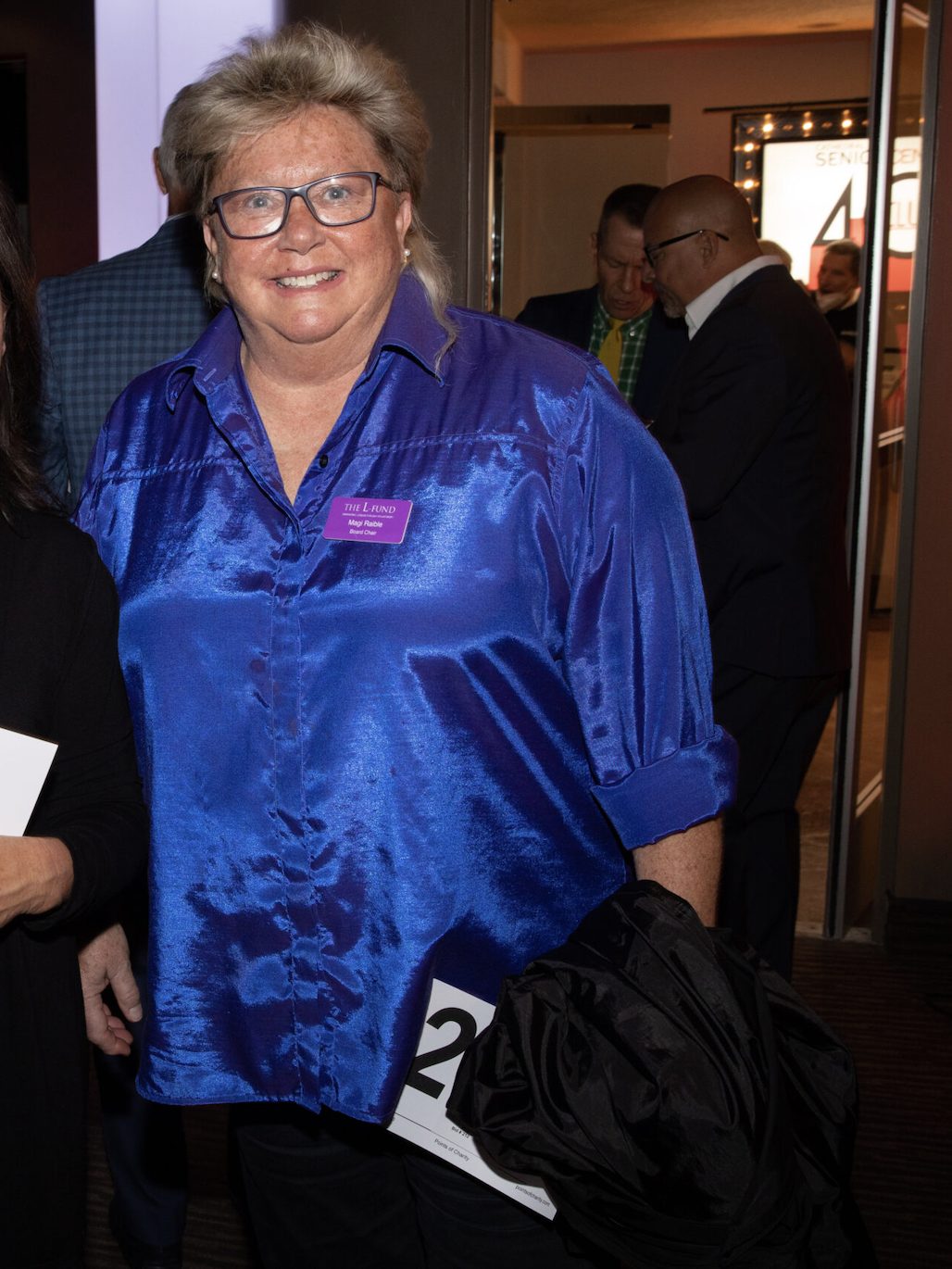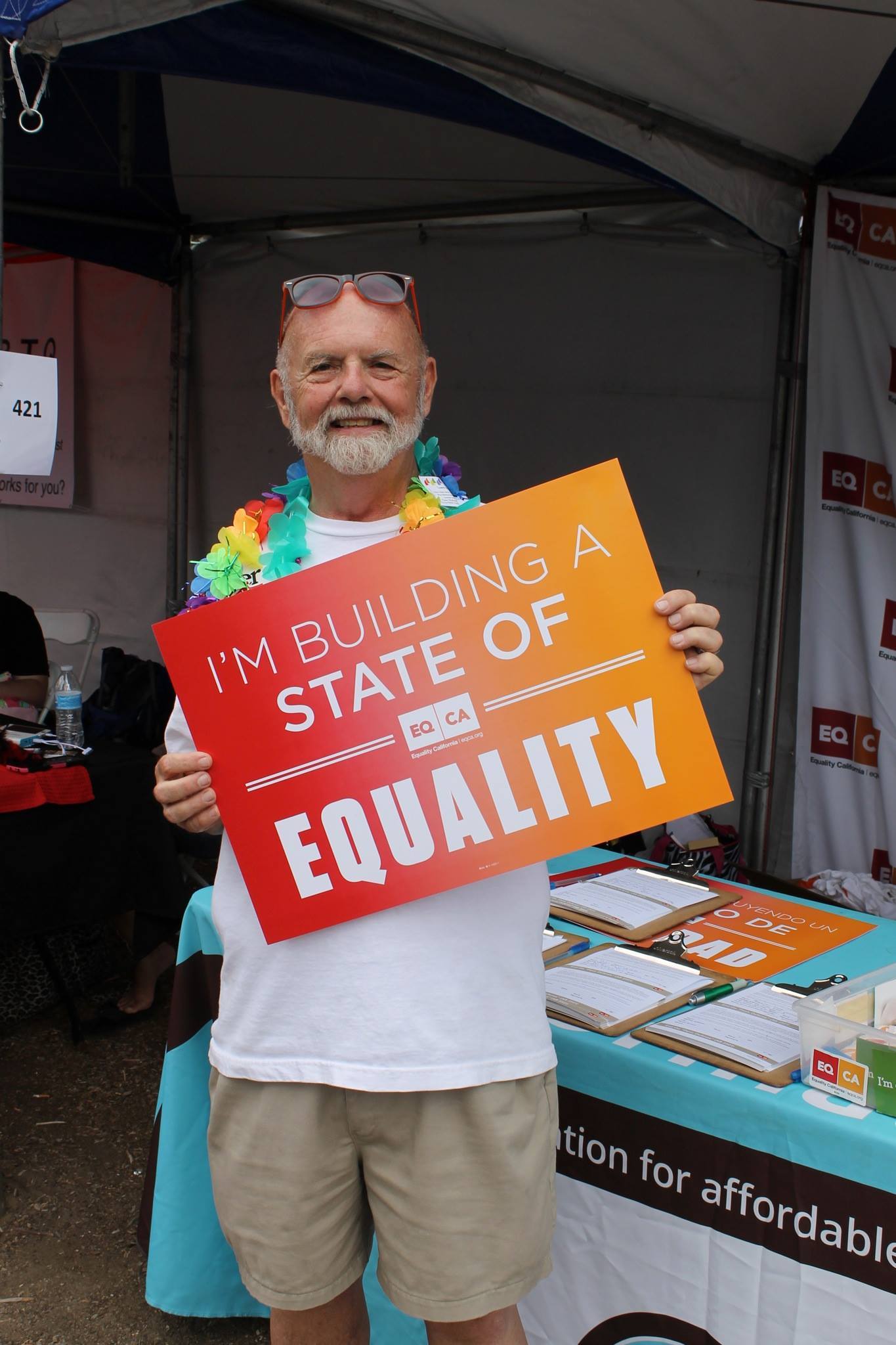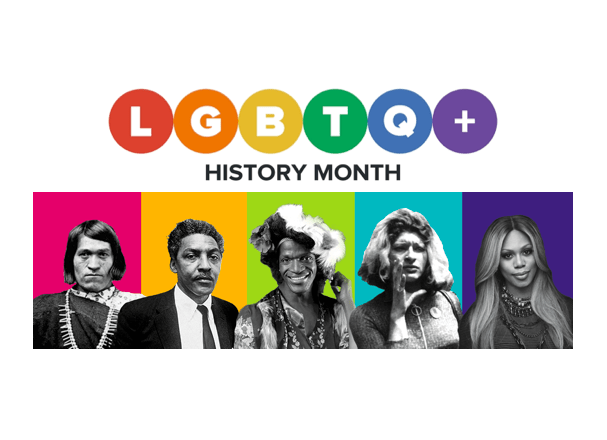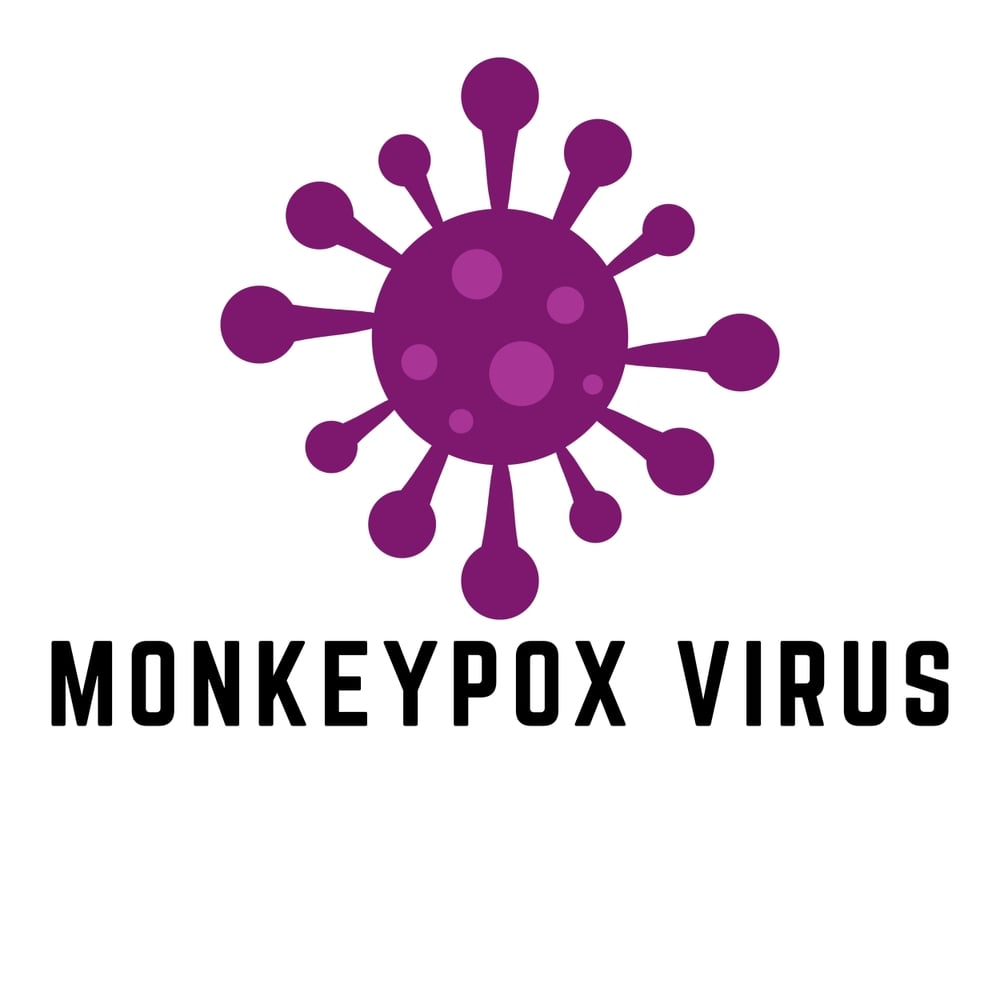
Queer Works and DAP Health Join Forces with the City of Palm Springs to Launch Universal Basic Income Program
The pilot initiative begins taking applications March 15.
PALM SPRINGS, February 27, 2023 – Queer Works and DAP Health are excited to announce the Palm Springs Universal Basic Income (UBI) pilot program, online applications for which will become available on March 15.
The UBI pilot program — funded by the city of Palm Springs but implemented by Queer Works and DAP Health — is part of a larger effort by Queer Works, DAP Health, and Palm Springs City Council Member Christy Holstege to address the economic and social challenges facing low-income individuals and families in Palm Springs. It will provide 30 Palm Springs residents with a monthly cash payment of $800 for a period of 18 months.
The program will kick off its online application process on March 15, 2023, which will remain active until March 25. Every application received will be evaluated based on three criteria. The program encourages transgender and nonbinary individuals to apply, as both Queer Works and DAP Health have recognized the profound economic injustice facing those communities.
Randomly selected participants will be notified between March 28 and 30, with enrollment and benefits counseling to take place during the month of April. The first payment will be sent on May 15.
Queer Works and DAP Health will be working with Health Assessment and Research for Communities, Inc. (HARC) to track the impact the program has on participants’ lives and overall well-being.
For more information about the UBI pilot program, selection criteria, or how to apply, please visit www.queerworks.org/ubi
About Queer Works
Queer Works, a 501c (3) organization with headquarters in the Coachella Valley, works towards ameliorating disparities faced by members of the LGBTQ+ community in Southern California. We are especially focused on those who are homeless, impoverished and in need of access to mental health and medical services. Our programs include a rapid-rehousing program for domestic violence survivors, a mobile shower street team unit allowing unhoused LGBTQ+ individuals a safe place to shower, wash their clothes and get access to affirming resources, and free mental health services. To learn more visit www.queerworks.org. A
Contact: Queer Works Executive Director Jacob Rostovsky
P: 818.430.8290 E: [email protected]










